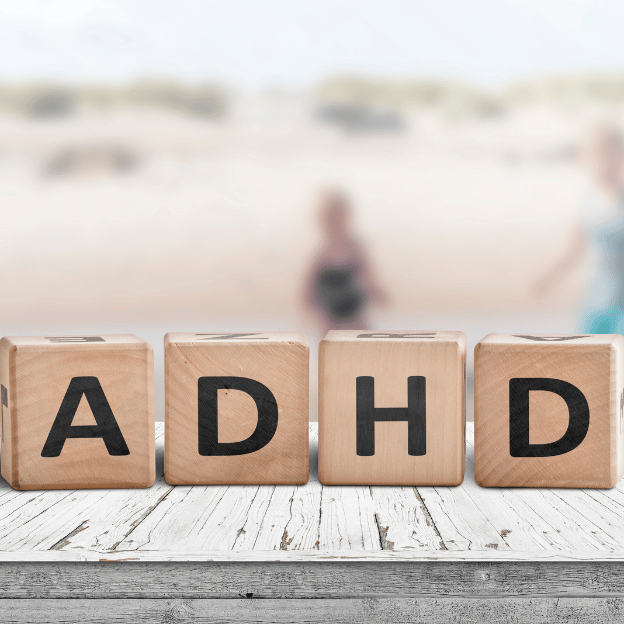Anxiety in Children and Adolescents: Signs and How Counselling Can Help

Strong 8k brings an ultra-HD IPTV experience to your living room and your pocket.
In today's fast-paced world, anxiety among children and adolescents is on the rise, becoming a significant concern for parents, caregivers, and educators. Understanding the signs of anxiety and acknowledging the role of professional counselling can be crucial steps in supporting the mental health of our younger population.This blog aims to shed light on how to recognize anxiety in young individuals and explore the benefits of anxiety counselling in Singapore in managing such symptoms.
Understanding Anxiety in Children and Adolescents
Anxiety is a normal part of development, serving as a natural response to stress. However, it becomes problematic when these feelings are intense, persistent, and interfere with daily activities. Unlike adults, young ones might not be able to express their feelings directly, making it challenging to recognize their struggle.
Signs of Anxiety in Children and Adolescents:
• Excessive Worry: This may cover various aspects of their life, including school performance, friendships, or family relationships.
• Avoidance Behaviour: Children may start avoiding activities or situations they used to enjoy or show reluctance in trying new things.
• Physical Symptoms: Complaints about frequent stomachaches, headaches, or other physical issues without a clear medical reason can often be signs of anxiety.
• Sleep Disturbances: Difficulty falling or staying asleep and nightmares are common in anxious children.
• Changes in Eating Habits: These can range from a lack of appetite to overeating.
• Difficulty Concentrating: Anxiety can make it hard for kids to focus on tasks or schoolwork.
• Irritability or Moodiness: Short tempers and mood swings could also indicate underlying anxiety.
Recognizing these signs early and seeking appropriate help can prevent the development of more significant problems, such as chronic anxiety disorders or depression.
How Counselling Can Help?
Counselling offers a safe and confidential space for children and adolescents to explore their feelings and thoughts. Here's how it can be beneficial:
1. Understanding Emotions
Counsellors use various techniques to help young individuals understand and label their emotions. Recognizing what they are feeling is the first step toward managing those feelings effectively.
2. Developing Coping Strategies
Through counselling, children learn healthy ways to cope with anxiety. Techniques may include deep breathing, mindfulness, or problem-solving skills to deal with stressors proactively.
3. Improving Self-esteem
Many anxious children suffer from low self-esteem. Counselling can help them build confidence by highlighting their strengths and achievements, reducing feelings of inadequacy or self-doubt.
4. Enhancing Social Skills
For those whose anxiety affects their social interactions, counselling can offer strategies to improve communication, assertiveness, and relationship-building skills.
5. Family Support
Counsellors often involve family members in the process, educating them on how to support the child's mental health journey. This holistic approach fosters a supportive environment conducive to healing and growth.
Finding the Right Therapist
Selecting a therapist who is a good fit for your child is crucial. Look for professionals who specialize in working with children and adolescents and are experienced in dealing with anxiety issues. Personal recommendations, online directories, and professional organizations can be excellent resources in your search.
Preparing for Counselling
Before beginning therapy, discuss the process openly with your child. Frame counselling as a positive step towards feeling better, not as a punishment. Understanding what to expect can alleviate some of their apprehensions.
Encouraging Open Dialogue
Encourage your child to express their thoughts and feelings about therapy freely. Regular check-ins about their experience and what they're learning can reinforce the importance of their mental health journey.
Conclusion:
Anxiety in children and adolescents is a growing concern, but with the right support, it can be managed effectively. Recognizing the signs of anxiety and embracing the role of counselling are pivotal steps in providing the necessary help. Counselling not only assists young individuals in navigating their feelings but also equips them with tools to face challenges with resilience. As caregivers, our understanding, support, and proactive involvement can make a significant difference in their mental health journey, whether it is anxiety counselling or depression therapy in Singapore. By fostering an environment where seeking help is encouraged and normalized, we pave the way for a healthier, more supportive future for our youth.
Note: IndiBlogHub features both user-submitted and editorial content. We do not verify third-party contributions. Read our Disclaimer and Privacy Policyfor details.







